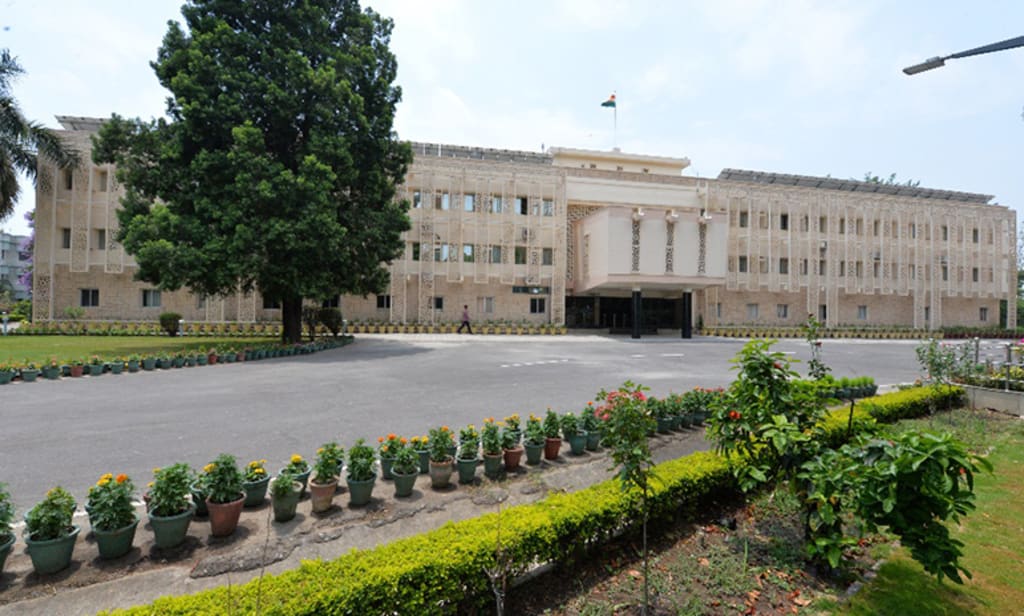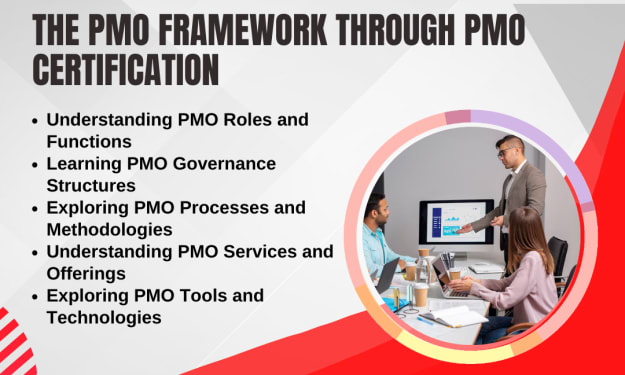
Indian Space Research Organisation (ISRO) is offering three new online courses for students and working professionals. The courses are offered by the Indian Institute of Remote Sensing (IIRS). The courses are free of cost and the participants will also get a certificate on completion of the course. Read on to know full details on courses and schedule.
ISRO Online Courses
- Course on Machine learning to Deep Learning: A journey for remote sensing data classification
- Course on Overview of Web GIS Technology
- Course on Earth Observation for Carbon Cycle Studies
ISRO-- IIRS Course Schedule
The online application windows for these courses are open. Interested and eligible candidates can register for the course on IIRS official website- https://www.iirs.gov.in/. The course for Machine Learning will commence on July 5 and conclude on July 9. The course on GIS technology will commence on June 21 and conclude on July 2. The course on Earth Observation for Carbon Cycle Studies will be conducted from June 21 to 25.
Click here to register for ISRO-IIRS online courses 2021
- Course on Machine learning to Deep Learning -- July 5 to July 9
- Course on Overview of Web GIS Technology - June 21 to July 2
- Course on Earth Observation for Carbon Cycle Studies -- June 21 to 25.
How to attend the course
Registered participants can attend the course live via any web browser through the e-class portal of IIRS Dehradun i.e. https://eclass.iirs.gov.in. The participants can also attend the live workshop via the YouTube channel of IIRS i.e https://www.youtube.com/user/edusat2004. The content of the workshop will be available offline after 24 hours in the e-class portal.
All the participants who complete 70% of sessions of the course live via the e-class portal will get the certificate. The participants who attend the course sessions via the IIRS youtube channel should mark their attendance via offline session available after 24 hours, the official website reads.
Examination Guidelines
As you are aware that due to prevailing pandemic situation in the country students are attending IIRS distance learning courses from their respective residence. Hence invigilation during the examination is not possible. IIRS management has decided to make the examination as “Self-assessment” practice for IIRS distance learning courses till further notice. In this changing scenarios, the examination will not be considered as mandatory criteria to receive the certificate. The participants will receive a Certificate of Participation based on their attendance during the course. However, the participants are encouraged to participate in online self-assessment quiz for enhancing their knowledge and skills. The minimum attendance criteria will remain as 70% for the certificates.
About ISRO
India decided to go to space when Indian National Committee for Space Research (INCOSPAR) was set up by the Government of India in 1962. With the visionary Dr Vikram Sarabhai at its helm, INCOSPAR set up the Thumba Equatorial Rocket Launching Station (TERLS) in Thiruvananthapuram for upper atmospheric research.
Indian Space Research Organisation, formed in 1969, superseded the erstwhile INCOSPAR. Vikram Sarabhai, having identified the role and importance of space technology in a Nation's development, provided ISRO the necessary direction to function as an agent of development. ISRO then embarked on its mission to provide the Nation space based services and to develop the technologies to achieve the same independently.
Throughout the years, ISRO has upheld its mission of bringing space to the service of the common man, to the service of the Nation. In the process, it has become one of the six largest space agencies in the world. ISRO maintains one of the largest fleet of communication satellites (INSAT) and remote sensing (IRS) satellites, that cater to the ever growing demand for fast and reliable communication and earth observation respectively. ISRO develops and delivers application specific satellite products and tools to the Nation: broadcasts, communications, weather forecasts, disaster management tools, Geographic Information Systems, cartography, navigation, telemedicine, dedicated distance education satellites being some of them.
To achieve complete self reliance in terms of these applications, it was essential to develop cost efficient and reliable launch systems, which took shape in the form of the Polar Satellite Launch Vehicle (PSLV). The famed PSLV went on to become a favoured carrier for satellites of various countries due to its reliability and cost efficiency, promoting unprecedented international collaboration. The Geosynchronous Satellite Launch Vehicle (GSLV) was developed keeping in mind the heavier and more demanding Geosynchronous communication satellites.
Apart from technological capability, ISRO has also contributed to science and science education in the country. Various dedicated research centres and autonomous institutions for remote sensing, astronomy and astrophysics, atmospheric sciences and space sciences in general function under the aegis of Department of Space. ISRO's own Lunar and interplanetary missions along with other scientific projects encourage and promote science education, apart from providing valuable data to the scientific community which in turn enriches science.
Future readiness is the key to maintaining an edge in technology and ISRO endeavours to optimise and enhance its technologies as the needs and ambitions of the country evolve. Thus, ISRO is moving forward with the development of heavy lift launchers, human spaceflight projects, reusable launch vehicles, semi-cryogenic engines, single and two stage to orbit (SSTO and TSTO) vehicles, development and use of composite materials for space applications etc. Know more about ISRO's genesis






Comments
There are no comments for this story
Be the first to respond and start the conversation.